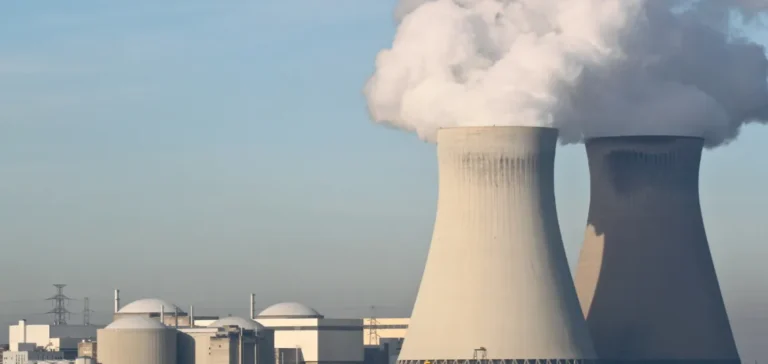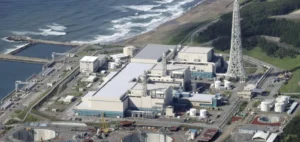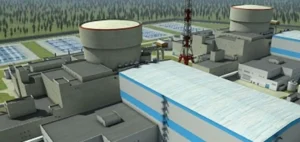An independent taskforce has recommended a comprehensive overhaul of the United Kingdom’s nuclear regulatory system to remove barriers slowing down new projects. Led by John Fingleton, former Chief Executive of the Office of Fair Trading, the group was tasked with simplifying procedures and reducing approval times for reactor designs.
A system deemed inefficient by experts
In its interim report, the group stated that the regulation of civil and military nuclear programmes has become overly complex and bureaucratic, causing significant delays and cost overruns. Members believe that some measures bring only marginal benefit while hindering the development of strategic projects tied to energy security and nuclear deterrence.
The document highlights inconsistent regulatory processes, a risk-averse organisational culture, and a planning framework unsuitable for emerging technologies such as small modular reactors. It also stresses the importance of preserving technical expertise, strengthening international cooperation, and better assessing the economic impact of delays.
Towards final recommendations by year-end
The group plans to publish its final recommendations later this year, after consulting industry stakeholders. These will aim to simplify regulations, modernise procedures, and maintain high safety standards while improving operational efficiency.
The Office for Nuclear Regulation (ONR) acknowledged the existence of regulatory challenges and committed to adapting its practices to regulate “proportionately.” Chief Executive Mike Finnerty confirmed ongoing discussions with the group to help shape the final measures.
These proposals come amid broader government reforms, including a 25% reduction in administrative regulatory costs and relaxed planning rules to allow nuclear power plants to be built across England and Wales, beyond the eight currently authorised sites.






















